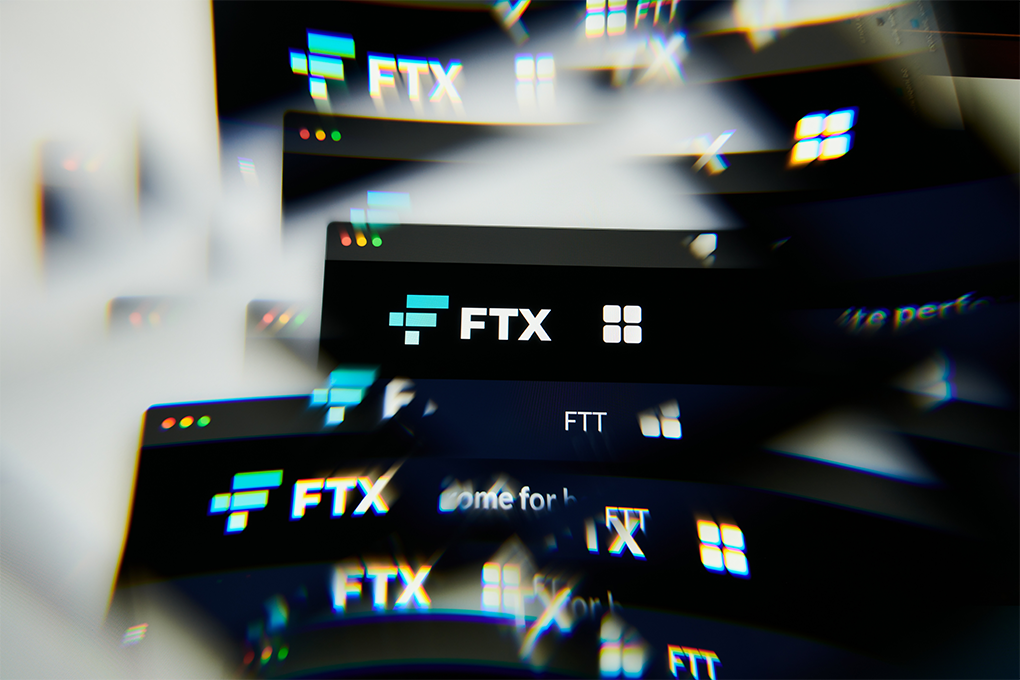The Crypto Brat Pack Just Earned Themselves Regulation

Now is the time for bankers to engage lawmakers in how the crypto and digital asset market shapes up.
Picture a 1970s mom making a sarcastic statement to her irresponsible son, “Well you’ve just earned yourself a weekend of chores.”
Remember back to the creepy Mr. Vernon from the Breakfast Club who, growing tired of Bender (Judd Nelson) talking back to him, declared, “Congratulations, you just bought yourself another Saturday detention.”
Well, Gonzobankers, the smart, idealist, and self-declared revolutionary crypto kids just bought themselves a future of regulation — intricate, overbearing, and frustrating regulation, and regulation that the market will now demand. Welcome to adulthood, y’all.
The massive collapse of FTX has been covered everywhere, and bankers have been a bit giddy this past week. The revolution and death of traditional banking appear to be postponed yet again. And once again, P.T. Barnum’s classic quote about a sucker being born every minute has reigned with the likes of Softbank, Tiger Management, Sequoia Capital, Kevin “Mr. Wonderful” O’Leary, and of course Tom and Gisele. People are shaking their heads over how a $32 billion valuation could have been believed by so many earlier this year when there were simply no proven results, transparency, governance, or audit around ANY of FTX’s activity.
While the regulators and Congress were spit-balling a determination on whether crypto is a security, a commodity, or a currency, the continued collapse of crypto-related entities reveals that everyone in power has been flat-footed in their policy response to digital assets.
FTX’s new CEO and liquidator, John Ray III, who also oversaw the unwinding and liquidation of Enron, pronounced, “Never in my career have I seen such a complete failure of corporate controls and such a complete absence of trustworthy financial information as occurred here.”
Pain changes things permanently, and it will do so in the crypto market. “There won’t be another situation like this for institutional investors ever again, we’re simply not going to put capital to work until this stuff gets regulated,” said O’Leary, adding that he will personally take the push to Washington.
The latest FTX “Springer Show” is capping off the worst year in the history of decentralized finance (DeFi). According to Chainalysis, the DeFi ecosystem has lost nearly $3 billion year-to-date across 125 separate hacks. If Gonzo readers would like a raw illustration of just how “wild west” the current DeFi environment is, just scroll through the sad and hilarious blog “Web 3 is Going Great.” https://web3isgoinggreat.com/
What’s Next?
So Gonzobankers, pour a glass of your favorite libation and toast to a holiday season when safe, sound, and regulated “old school” is cool again. But please, don’t get cocky. In sorting through the carnage of crypto, here are a few things for bankers to remember:
1. FTX was not true to the DeFi vision
My colleague and smart crypto follower Quintin Sykes would inform bankers that FTX should be viewed as a crisis in governance and not a weakness of disruptive tech. “The defi protocols throughout these meltdowns are the only things that have survived – the smart contracts just run,” noted Sykes, a Cornerstone Advisors partner. Sykes noted that FTX has to pay off a smart contract “on-chain” to release some of the collateral it wanted to move – well ahead of all the suckers now sitting in a bankruptcy proceeding.
2. This is an opportunity for banks to fill the crypto void
As opposed to viewing this as the death of crypto, bankers should see where they play in the next chapter of the industry. “The remaining demand and interest that consumers have are going to migrate to legitimate financial institutions,” noted Ron Shevlin, chief research officer at Cornerstone Advisors. “Too many bankers are sitting around going ‘ha ha’ when they should be preparing for how this market can be served in a more trusted manner.”
3. The blockchain is here to stay – learn it, know it, live it
The crazy group of bad actors that infiltrated the DeFi world in these early stages will not be the ultimate leaders as DeFi mainstreams. “Bankers have to continue to respect and learn more about the disruptive potential of blockchain,” concluded Tony Desanctis, leader of Cornerstone’s Disruption University program. “The DeFi ecosystem is viable and proving use-case by use-case where needed strategies and ways to create value can be executed.” Boards and executives have a fiduciary responsibility to delve into blockchain from a strategy perspective.
4. Bankers should jump into regulatory debates loudly
This is an important time for bankers to engage lawmakers in how the crypto and digital asset market shapes up. Lobbying groups need to be jumping in to advocate and help frame the narrative around the right mix of regulation and innovation.
Gonzobankers, FTX should be a moment to build excitement, keep learning, and separate the problem from the potential as you conduct post-mortems on the meltdown of crypto. According to AllianceBlock CEO Rachid Ajaja, every bear market is a learning experience, and this one is no different.
Ajaja sums it up nicely: “The lesson out of this difficult year in DeFi is that it’s not the technology that is the problem, it is not the users that are the problem, but the players that are the problem. So, we need a solution that uses identity, privacy, compliance, and regulation to ensure that DeFi continues to grow to its full potential.”
